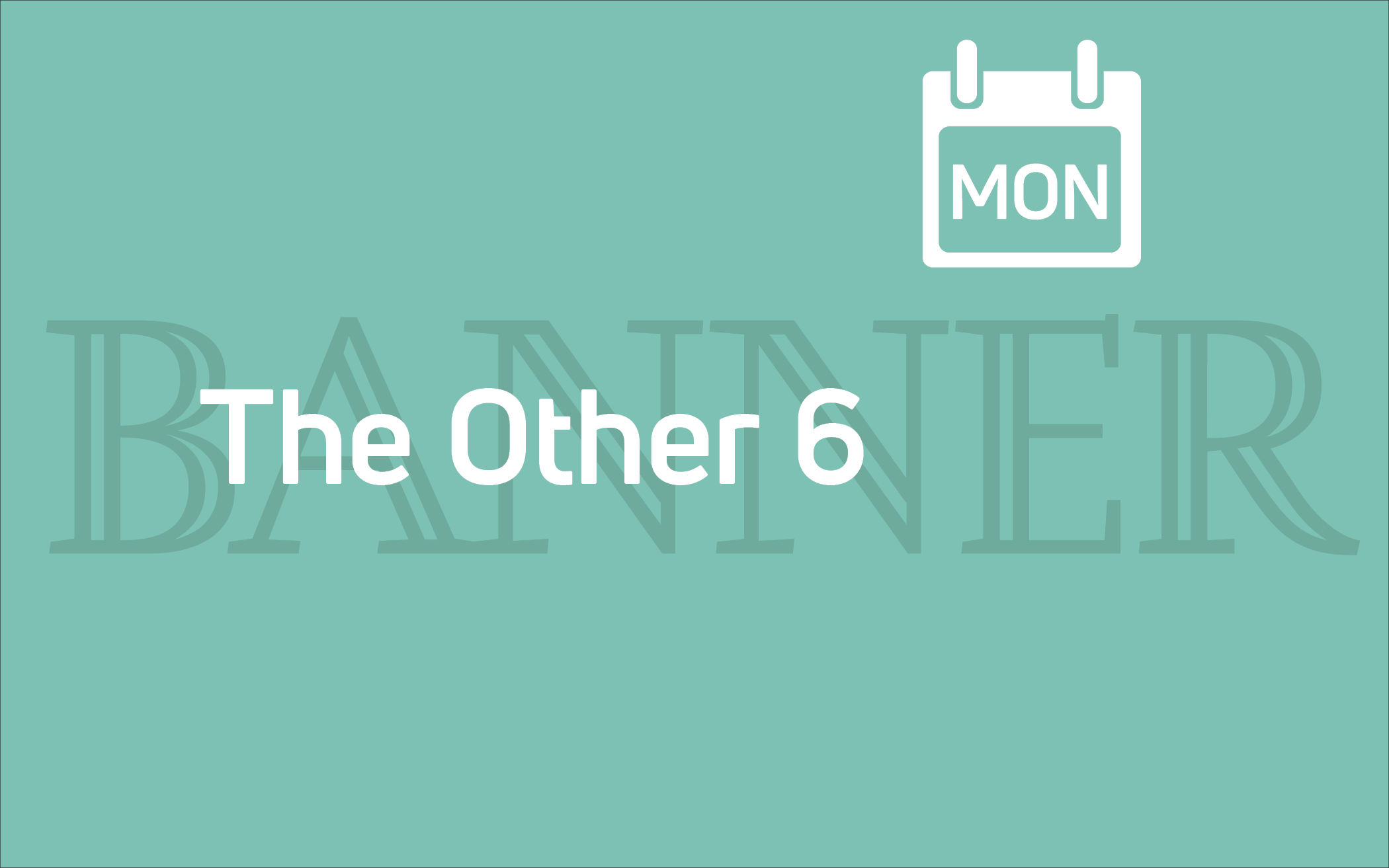I am an ice cream fan. If you open the freezer in my kitchen, you will surely see a bucket of ice cream, if nothing else. I relish ice cream. It would surely be torture not to have a bite of it.
That torture became a reality for me because of my daughter Christy. After birth Christy suffered from severe, itchy rashes. I cannot count the sleepless nights my wife and I trudged back and forth from our room to Christy’s room. The topical creams her pediatrician kept prescribing didn’t help much.
Finally an allergy test revealed the culprit: eggs and milk.
Now that we knew the cause, the rest was simple—or so we thought. My wife didn’t give Christy food that contained eggs or milk. We carefully monitored what Christy ate at school, parties, church, and so forth. Our meals reflected the care we took. While the rest of us ate noodles with egg toppings, Christy had plain noodles.
Thankfully Christy’s symptoms disappeared, and sleep came to the Kim household. But we noticed that Christy, a tomboyish girl with a lot to talk about, started to withdraw. We eventually learned that Christy felt left out and alone wherever she went, even at home, because she ate differently.
So my wife raised another banner of abstinence. From now on, no one in the family would eat any products containing milk or eggs in front of Christy. What absolute torture for all of us! Yet I couldn’t bear to think of Christy being hurt and left out for my satisfaction.
Christy’s allergies made me think of exclusiveness. It seems easier to exclude than to include. It’s easier to act according to my comfort without regard for another’s situation or feelings. Inclusiveness requires discomfort and patience.
In the church of Corinth, a mis-understanding broke out between the so-called strong Christians (mostly Jewish believers who were fluent in the law and gospel) and weak Christians (mostly Hellenistic believers who were recent converts from idol worship) over food sacrificed to idols. The “weaker” group had qualms about eating such food, while the “stronger” group enjoyed it without guilt. The stronger group’s freedom in eating such food tested the faith of the weaker group (1 Cor. 8-10).
The apostle Paul’s interpretation in this circumstance teaches us a deep lesson. Paul first says that it’s all right for the stronger group to eat such food. All things come from God. However, if your freedom causes a brother or sister to falter and stumble, then it’s better not to eat it. Paul’s point is simple: knowledge puffs up, but love and understanding build up a community.
The hospital where I served as a chaplain had a special tradition. Whenever a baby was born, “Brahms’ Lullaby” played over the sound system. The music made people smile. But then I learned just how hurtful it was for some.
I cannot forget the look of total despair and sadness a mother gave me with her 28-weeks-old miscarried twin girls in her arms. “What about their room? I had their room ready with matching cribs and toys,” she said tearfully. Then the playing of “Brahms’ Lullaby” caused me to squirm uncomfortably. At that moment the intended celebratory music alienated the mother and her family. I couldn’t find the words to pray.
Our Lord Jesus downright hated exclusiveness. Yet his examples of love and acceptance didn’t become real in my life until Christy’s allergies came into the picture.
Because of Christy’s allergies I am learning how precious it is to walk the less-traveled path. That path might be uncomfortable, but it leads to good changes. I can see Christy’s tomboyish spirit returning. Our family is working to instill in one another that, at all cost, no one is to be excluded. We are learning how this extends to our faith community as well.
About the Author
Daniel Kim is a senior pastor of East Bay Korean Christian Reformed Church in El Cerrito, CA.






